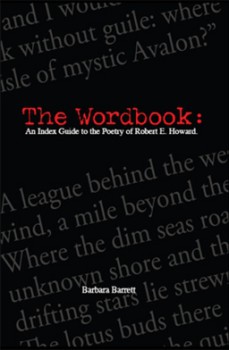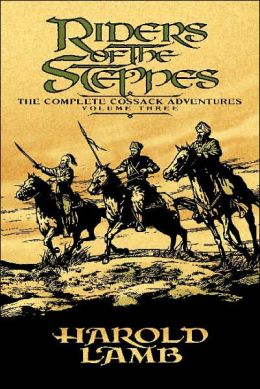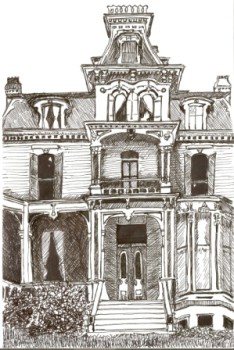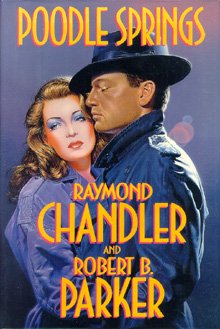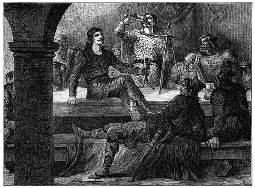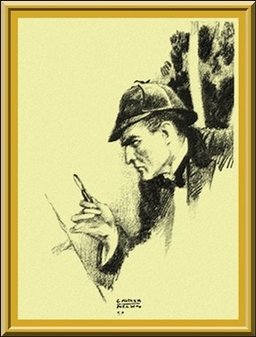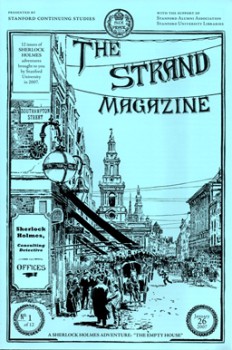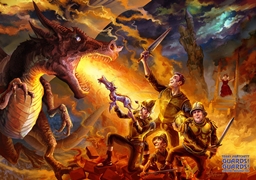What We Can Learn From a Time Lord: Doctor Who and a New Enlightened Perspective
 There’s an underrated benefit to science fiction and fantasy, and it is not dissimilar from a benefit one gains by being a student of history. Since many folks consider speculative fiction and historical scholarship (or “flights of fancy” and “recorded fact”) to be the antithesis of each other, I think this benefit is worth some attention.
There’s an underrated benefit to science fiction and fantasy, and it is not dissimilar from a benefit one gains by being a student of history. Since many folks consider speculative fiction and historical scholarship (or “flights of fancy” and “recorded fact”) to be the antithesis of each other, I think this benefit is worth some attention.
The benefit I here have in mind is the gaining of a healthy detached perspective. Detractors of fantasy and sci-fi will immediately object to my use of the word “healthy,” being that they regard such literature as mere escapism. And it often is that, yes. As is golf, and the Super Bowl, and birthday parties, and most fun things that we do when we aren’t engaged in utilitarian labor. But I’m thinking about a different sort of escape: escape from our own temporal status in this particular time and place and culture and society to which we were born. This is a benefit that is greatly under-appreciated, but I believe it holds real power.
The reader of science fiction, like the historian, steps out of his or her own time frame: if you’re a historian, you step back in time; if you’re a sci-fi fan, you become accustomed to stepping ahead into some speculative future. And if we cultivate that mental exercise, it gives us the unique opportunity to look at our own time from that same detached perspective.
When you do this, it can be liberating. We put so much stock in what people say. We are angered, hurt, offended, cut to the core by what we are bombarded with when we turn on the TV or log onto Twitter or get together with family over Thanksgiving dinner. But the power of these viewpoints — and the hostile ways in which they are sometimes expressed — to affect us is really only predicated on the fact that we are alive now and that these are opinions being expressed by our contemporaries.
